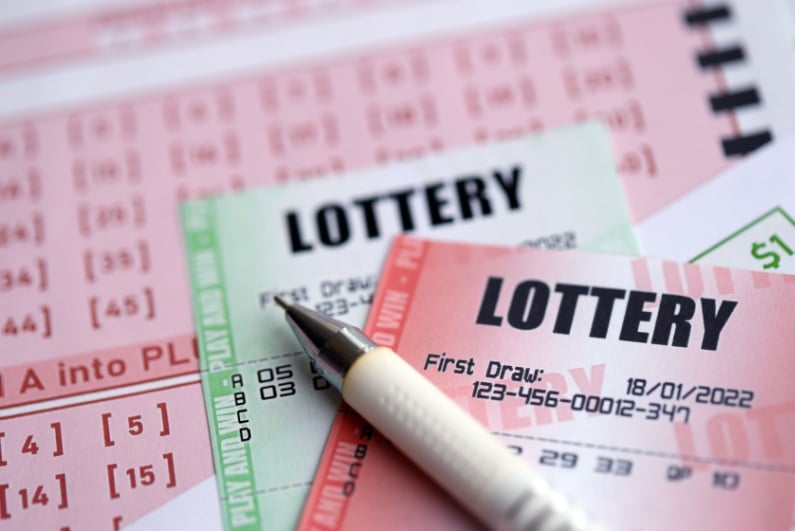A significant sum
The English Football League (EFL) has spoken out against a proposal to ban betting companies from sponsoring sports teams in Britain. The EFL says that clubs and the organization would lose out on over £40m ($49.9m) each year if this ban goes ahead.
The UK House of Lords outlined 66 recommendations this week in its Gambling Harm – Time for Action report. The call to ban betting sponsorship in sports was one such suggestion as the government aims to improve the gambling sector in the UK. The specific recommendation was to gradually phase out these types of sponsorships for teams outside of the Premier League by 2023.
financial stability of its clubs will be in jeopardy if this ban goes into effect
The EFL is in charge of the three divisions of soccer below the Premier League. It says that the financial stability of its clubs will be in jeopardy if this ban goes into effect; some are already struggling to stay afloat during the coronavirus pandemic. Wigan Athletic, for example, went into administration this week, with the pandemic cited as a major cause.
Massive challenge for clubs
The EFL spoke about how the pandemic was perhaps “the biggest challenge to the finances of EFL clubs in their history”, and that a ban on betting sponsorship would put teams under severe strain.
The organization told iGamingBusiness that it believes a collaborative approach to combat gambling harm without economically impacting clubs would be more effective than an outright ban. The league is open to working with the gambling sector and the government to determine the best course of action.
BGC responds
The Betting and Gaming Council (BGC), an industry group for gambling operators in the UK, has defended the role of betting companies in the funding of sports teams. BGC chief executive Michael Dugher said there is no real evidence linking problem gambling with gambling advertising.
He said: “Betting not only provides sport with the vital funding it needs, it also supports the TV channels’ ability to broadcast more sport than would otherwise be possible.”
more than half of the BGC members’ revenues come from sports bets
Dugher outlined how more than half of the BGC members’ revenues come from sports bets. Much of this revenue goes back to sports in the form of sponsorship, advertising, and media rights.
He also touched upon the measures operators have taken recently to address gambling advertising concerns in the UK. This includes a ban on advertising during live matches, a ban on all gambling product advertising during the coronavirus lockdown, and having at least 20% of all gambling advertising consist of safer gambling messages.




